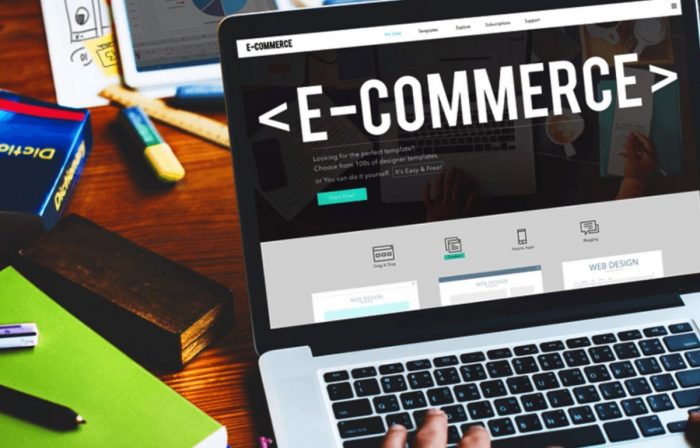There was a time, several decades ago, when the idea of someone running a business without a degree from someplace fancy confirming that they could run such a business, was utterly preposterous.
It was so unheard of, that people started believing that running a business was something that only wildly intelligent, qualified people could do.
That has been added to a very long list of things that we were so wrong about.
Anybody can start and run an impressively successful business, even from the comfort of their living room. Below are eight steps for starting an online business that anyone can follow:
1. Market Research

Market research is about two simple things:
- What do people want?
- Why do people want that?
If you know the answer to those questions, you have yourself the starting point of an online business. Ask local groups on social media for things that they would like to be able to order online but cannot – and why.
Once you have that information, you can go on to plan your new business with ease.
2. Website
Your website is non-negotiable.
You need something that draws attention to your products or services, looks trendy and professional, and gives the answers people need for their questions. Have a pricelist readily available to download, a gallery of images, and a section dedicated to customer reviews.
Consumers need to feel confident and happy to buy from you, and after time your website will provide the answers to all their questions.
3. Pick A Platform

E-commerce technology is a huge business. The rate at which this technology improves and evolves to become a more advanced version of itself is quite staggering.
If you want to start a functional website with all the relevant features, you need to choose the right platform for your business needs. Especially if you want to do all of that without hiring a web developer.
Choose the platform that best suits your goals. Write down the expectations you have for the platform to help you make a better decision.
The best tip for choosing the best platform for your business is to prioritize security. There are millions of cyber-attacks each year and you do not want your new business to fall prey to any of them.
4. Delivery
A crucial part of running a successful online business is the delivery of those products to your customers.
Choose to partner with a reputable courier service provider such as reliablecouriers.com to hit the ground running with a smooth delivery process.
If your business includes the sale of special delivery items such as fragile or frozen goods, chat with your courier partner about ways to avoid known pitfalls when it comes to delivery.
5. Product Photography

There is nothing worse than finding a website with the products you are looking for, but the images make the items look like they have been dragged through a bush backward.
Proper product photography methods should be adhered to when designing the layout of your new website.
Keep the backgrounds clean and free from distractions, use shadows to give the products a realistic look, and ensure there are plenty of good angles for each product.
6. Payment Gateway
A crucial part of a successful online business is being able to accept various types of payments.
That makes it easier for customers to buy from you, and simultaneously cuts down on the amount of work you need to do as a business owner. There are plenty of payment gateways available on the market, so what makes one better than another?
The simple answer is to choose a well-priced, secure, and trusted option. Research online to find the best one for your business.
An important thing to note is that payment gateways do not function on their own – the infrastructure needs to integrate with your chosen website platform.
7. Social Media

Advertising your new business does not have to cost you an arm and a leg.
While you can advertise in print media like magazines and billboards, that is an expensive way to market a new business and its offerings. Social media advertising is more affordable and just as effective.
The general rule of thumb is that large, more established businesses with stiffer competition are the ones who advertise their goods physically and digitally. Smaller companies and start-ups can get a good message out to the public through social media.
Set up a target audience and go from there.
8. Brand Strategy
Branding a business is serious, but it should not be complicated.
The principle behind branding is creating a persona for your company. It is the unique backstory to your business that differentiates it from competitors. Solidify your online presence and captivate your target audience through cleverly chosen wording, colors, and logos.
Remember that people identify with brands – not only when they are popular but also when they add value to a person’s life.
Once you know what you want your brand to say about your business, you can work towards creating the perfect brand strategy to go with it. That is to drive growth and brand awareness for your business.
To End

The launch phase of your new business will be exhausting, and you may even wonder if you are doing the right thing. As with most things in life that are worth doing, consistency is everything. Get up each day with renewed vigor to make the most of your business day and be determined to succeed.
Starting a new business can be overwhelming at first, but after a few weeks of putting the effort in – the results will speak for themselves. The mental aspects of starting a business are enormous, and while business life is not for the faint-hearted – things are not as challenging as they were twenty years or thirty years ago.
You can do it; you just need to believe you can – and then put the hard work in. Good luck!









